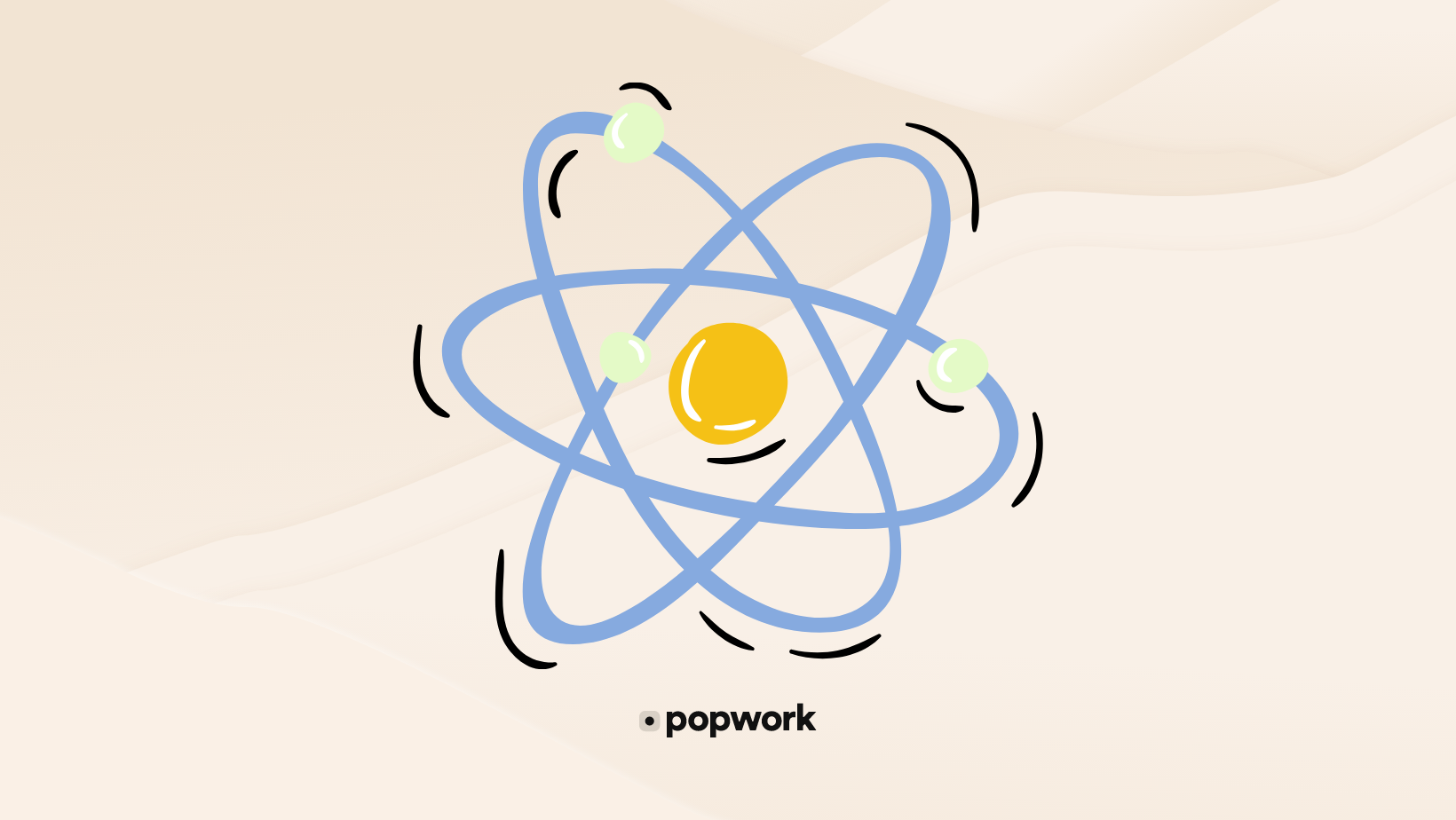You have probably heard of participative, directive, delegative and persuasive management but have you ever heard of neuromanagement? It’s a management method based on the latest developments of neuroscience, usually used in fields such as health, education or psychology.
The recent neuroscience discoveries can enable managers to make a team collaborate more harmoniously. In her book Les Métiers du futur, written in collaboration with journalist and philosopher Clara-Doïna Schmelck, Isabelle Rouhan, founder of the recruitment firm Colibri Talent, defines neuroscience as "a revolution for human intelligence". According to her, they help answer essential questions such as: How do we function? How do we learn? How do we cooperate? How do we decide? How do we innovate?.
So what exactly is neuromanagement? What are its benefits, for managers and teams? How can it be adopted in companies?

The origin of neuromanagement
Thanks to the development of neuroimaging, studies in cognitive psychology and cognitive neuropsychology, we can now better understand how the brain works and the mechanisms behind our everyday behaviour, including our behaviour in the workplace and the way we manage. Neuroscience provides interesting insights for managers to better understand and motivate their employees. Indeed, neuromanagement explores motivation, but also attention level, the impact of emotions on decisions, reactions, decision-making and collaboration.
Ricardo Croati, founder of the coaching and training company France Training, was one of the first to talk about neuroscience in the workplace in 2008. He encourages neuromanagers to first get to know themselves better (i.e. to take a step back from their relationships, their way of reacting and managing others) in order to better recognise the emotional state of their colleagues and to better understand the impact of their actions on their teams.
The benefits of neuromanagement
Neuromanagers know how to activate emotional, interpersonal and collective intelligence within their teams and take care of the professional development of their team members. This greater understanding of others enables them to improve the relationship with their team, but also to boost the team's performance.

Neuromanagement can :
- Reduce stress, as the work environment becomes more pleasant. Manager question themselves and listen to the emotions of others. As a result, they anticipate and better understand the reactions of their team members. Employees feel understood and do not get frustrated.
- Develop managers’ ability to encourage and unite their team and to increase the productivity of each individual. When managers listen actively, their team members have almost 5 times more confidence in their abilities to achieve the objectives!
- Stimulate creativity and innovation. Creativity does not emerge when we are uncomfortable, when we are micromanaged or when we feel threatened, in the hot seat. Instead, creativity happens when you are in the process of discovery. "Learning-oriented employees (who believe that their skills and abilities can be developed) build their creativity more quickly and can come up with good ideas, even when it becomes more difficult to deviate from proven solutions," explains Ella Miron-Spektor, Associate Professor of Organisational Psychology at Insead at the HBR.
- Limit burn-out. Neuromanagement prevents infobesity and hyperconnection. Neuro-managers help their team members to prioritise information (urgent, important, useful, futile) and avoid bombarding them with emails, and encourage participation and dialogue.
How to implement neuromanagement?

For Pierre-Marie Lledo, director of research at the Pasteur Institute and the CNRS, any manager can become a "neuro-friendly" manager. As a manager, you “just” need to put the human being at the centre of management. Ideally, managers are trained in neuroscience to understand the basics of brain biology and chemistry, but also psychology. This learning helps to better identify the role of emotions and empathy. Neuro-managers must therefore be able to understand and activate their own cognitive mechanisms to improve relationships with team members, limit stress, increase the well-being of teams and encourage creativity and innovation. The opposite of toxic managers!
For example, a neuro-manager facing an angry team member first suggests that he or she settle down and then asks why he or she is angry. Because managers try to understand emotions, they better understand the underlying need. Non-verbal signs are also good indicators. A person who seems worried in a meeting may have something to say, an issue to solve or an opinion to give. "Do you have something to add? Do you want to react?": these benevolent questions and this proactive attitude from managers help remove roadblocks, avoid misunderstandings and prevent a possible team crisis.

Lastly, neuromanagement is also trending because it favors altruism, listening and attention - qualities that are essential today to make employees comfortable. "It’s a question of adapting the workplace to the way the brain works, rather than the other way round," concludes Pierre-Marie Lledo, director of research at the Pasteur Institute and the CNRS.

